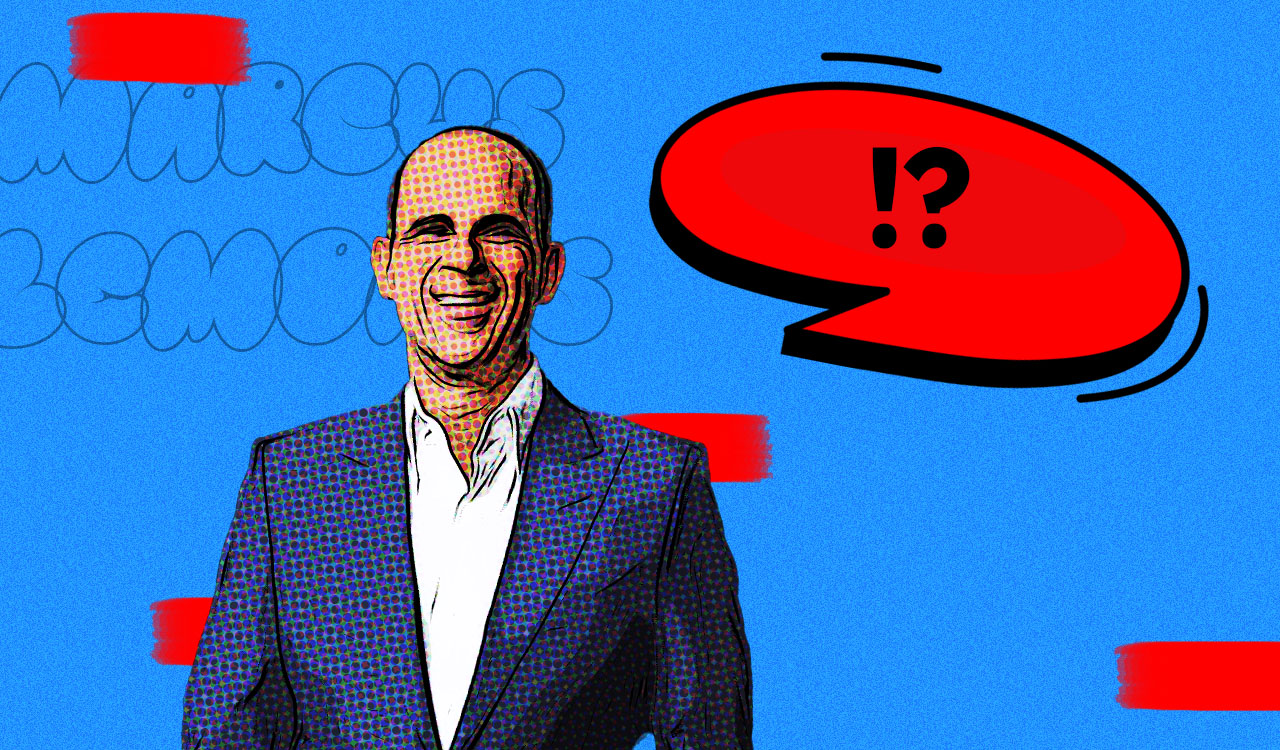Employee retention has reached a new low. In the retail industry, frontline employee turnover has been at 60 percent for years, tying with hospitality as the vertical with the highest turnover. But today, 63 percent of frontline retail managers are thinking about quitting in the near future.
It is a whole new world now that boomers are retiring, and Gen Z has entered the skilled workforce. And Gen Z never differs from their millennial and Gen X predecessors in more ways than their career priorities. Case in point: Most Gen Z employees have a side hustle that they’re equally passionate about. Rather than the old school method of fighting for very last second of employee’s time and mental capacity, employers can help retain Gen Z talent by encouraging their side hustles and offering them resources to advance (and get more employee loyalty in the process).
When it comes to aspirational workplaces for Gen Z, Google takes the cake with 16 percent of Gen Z noting it as their #1 prospective employer. This is followed by the distant #2 with a fraction of respondents (6 percent) that want to work for the federal government and those (5 percent) that hope to work for Apple.
Sound counterintuitive? In today’s world, standing still is counterintuitive. So, let’s take a look at other factors Gen Z values in an employer, analyze where they prefer to work, and talk about how retailers can capitalize on the next gen’s unique career priorities.
What Does Gen Z Value in an Employer?
It should come as no surprise that “diversity and inclusion” are a priority for Gen Z employees. All you have to do to see how rarely companies reflect these priorities is to scroll through open job applications. How many companies offer more than two options for “Gender?” Only about a fourth take advantage of this opportunity to demonstrate inclusivity in the job application process. What about allowing job seekers to select more than one race/ethnicity in diversity questionnaires? (As a Black Irish Native American, I never appreciate being forced to choose between “White/Caucasian” or “Native American” in the dropdown menu, and “Two or more races” feels like further erasure.)
Gen Z also has more mainstream priorities. They seek opportunities for upward mobility in their careers. Financial stability is important to Gen Z because they bore firsthand witness to the financial struggles that an unforeseen pandemic can wreak upon the unprepared. Because of this, Gen Z also seeks stability from their careers and creative opportunities from their side hustles. Like millennials, it’s important to Gen Z that they work for companies that reflect their personal values. This means working for employers that are compassionate to their individual personal struggles, whether it’s a death in the family or a long-term mental health crisis.
To attract and retain Gen Z employees, retailers need to position themselves as empathetic to Gen Z’s values. For one, Gen Z is suffering from crisis fatigue, burnout from educational and social disruptions during the pandemic, and they’re becoming jaded about the climate change. According to a study by GWI, “Globally, they’re more likely than other generations to report having a mental health condition and almost 3 in 10 say they’re prone to anxiety, a higher proportion than any other age group.”
So, not surprisingly, everyone wants to work for a company that cares about them as individuals. They’re also ahead of other generations for saying they describe themselves as ambitious, money-driven, and career oriented. But Gen Z expects more from their employer in return, they’re more likely to leave a job which doesn’t meet their needs, and they feel more comfortable saying “no” in the workplace, according to the GWI study.
To demonstrate that they care about next-gen’s financial stability, retailers may consider offering small bonuses –– rather than trying to shirk them out of payment altogether –– at the onset of the next economic crisis. An inclusivity statement at the bottom of “Job Opening” pages also goes a long way. As will offering flexible work schedules for frontline employees through swappable scheduling apps that pay slightly more for less desirable shifts.
Where Does Gen Z Want to Work?
When it comes to aspirational workplaces for Gen Z, according to an Axios survey, Google takes the cake with 16 percent of Gen Z noting it as their #1 prospective employer. This is followed by the distant #2 with a fraction of respondents (6 percent) that want to work for the federal government and those (5 percent) that hope to work for Apple. “But wait,” I can hear you say, “I thought Gen Z was skeptical of ‘the man?’ How does this align with the federal government being second on this list?”
It’s true that Generation Z is highly critical of the government as it is today. But individual Gen Zers handle this skepticism in one of two ways:
- The depressed sector throws up their hands and barely participates in politics.
- Highly motivated members of Gen Z strive to create change from the inside.
The 6 percent that hope to work for the federal government fall into the latter category. What’s also interesting is that we’ve seen massive layoffs at technology companies in the past two years. These include: 27,000 Amazon workers, 21,000 Meta (aka Facebook) workers, 19,000 workers at Accenture, and 12,000 workers at the Gen Z favorite: Google, reported by Axios. This means Google may not be a top ranked employer for long. Since Gen Z came of age during a recession and global pandemic, it’s likely we will soon see their workplace priorities shift to reflect more reliable career paths than the always-in-flux technology sector.
Capitalizing on Gen Z’s Career Priorities
Inter-organizational mentorships are a proven strategy to keep next gen employees engaged and committed. The University of Massachusetts found that 91 percent of workers with a mentor reported being “satisfied” with their jobs. Retention rates were also 50 percent higher for workers with mentors than without. And the mentors themselves experienced a 69 percent retention rate, reporting “increased job satisfaction” and “overall career success.” Mentorships provide young talent a direct knowledge pipeline to experienced employees. The result? A visible upward trajectory for ambitious next gens, and the opportunity for seasoned employees to share their knowledge with the next generation prior to retirement.
Next gens are not impossible to please, nor are frontline employees. Frontline employees at the world’s leading retailers report being twice as motivated in their day-to-day jobs, and they leave their jobs half as often. But, for retailers to benefit from reduced turnover at every level of their organization, they first need to create an organization that inspires loyalty. The opportunity to fiscally make a living is but a small part of a larger puzzle.
What Doesn’t Work
Increased turnover is the direct result of organizations continuing to lean on archaic management styles that no longer resonate, such as: top-down management styles, inflexible schedules, a lack of systemic diversity within the organization, discouraging side hustles, indifference to employees’ professional and personal struggles, and requesting free work on a regular basis. To avoid these obstacles, companies of every size need a strong Human Resources and Diversity and Inclusion support in place.
Do you notice a common theme among the proposed initiatives in this article? They’re rooted in empathy and human compassion, which will never go out of style.




